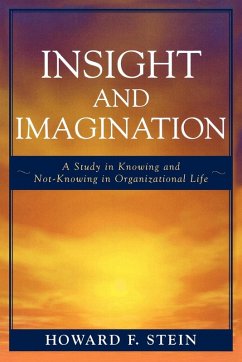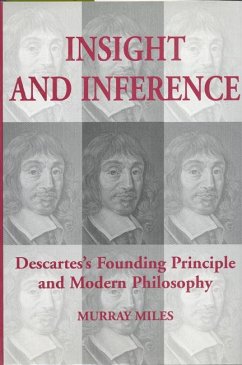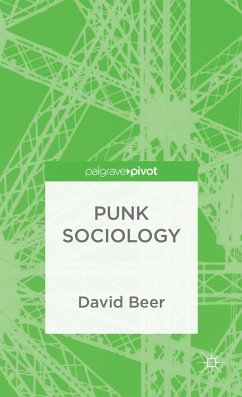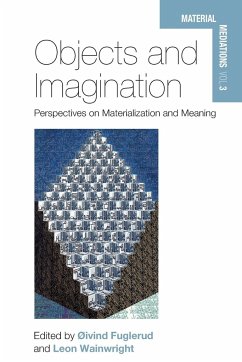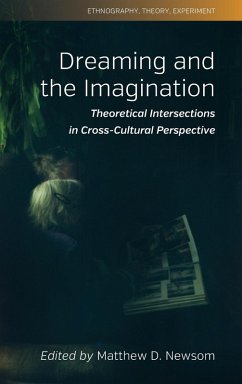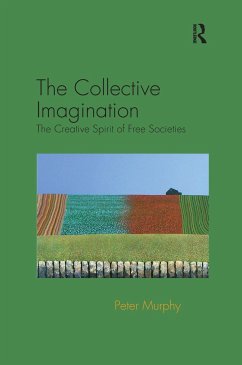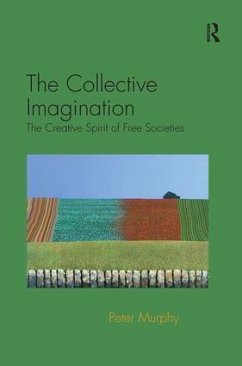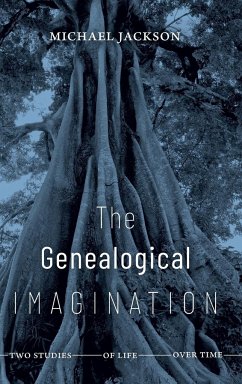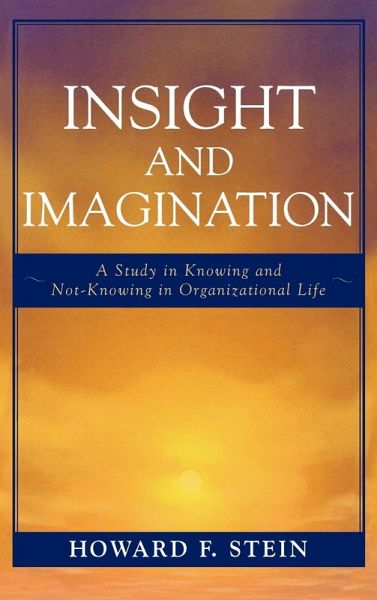
Insight and Imagination
A Study in Knowing and Not-Knowing in Organizational Life

PAYBACK Punkte
53 °P sammeln!
Insight and Imagination explores the primacy of the self in organizational research, consulting, and management / leadership. Contesting the radical dichotomy between 'objective' and 'subjective' understanding, and the devaluation of the latter, Professor Howard F. Stein argues that the imagination of the observer, informed by his or her unconscious, can lead to a greater understanding of the psychological reality of the workplace and in turn to better informed problem solving. Insight emerges from the disciplined use of the imagination rather than its repudiation. The book brings countertrans...
Insight and Imagination explores the primacy of the self in organizational research, consulting, and management / leadership. Contesting the radical dichotomy between 'objective' and 'subjective' understanding, and the devaluation of the latter, Professor Howard F. Stein argues that the imagination of the observer, informed by his or her unconscious, can lead to a greater understanding of the psychological reality of the workplace and in turn to better informed problem solving. Insight emerges from the disciplined use of the imagination rather than its repudiation. The book brings countertransference to center stage as a tool for understanding the emotional experience of organizational life and for formulating interventions. One often neglected use of the imagination is the capacity to not have to know beforehand what one needs to learn_what poet John Keats called 'negative capability.' Insight and Imagination proposes the use of the humanities as a means of expanding and deepening one's access to the inner life of organizations. The author draws from the art created by others and from his own poetry written and often used during an organizational consultation. Among the specific contexts discussed in this book are the experience of organizational downsizing; helping organizations to grieve after change and loss; recognizing 'red herrings' in organizational decision making; the language of organizational change; recognizing hidden agendas in meetings; and reflective practice in organizational life.





